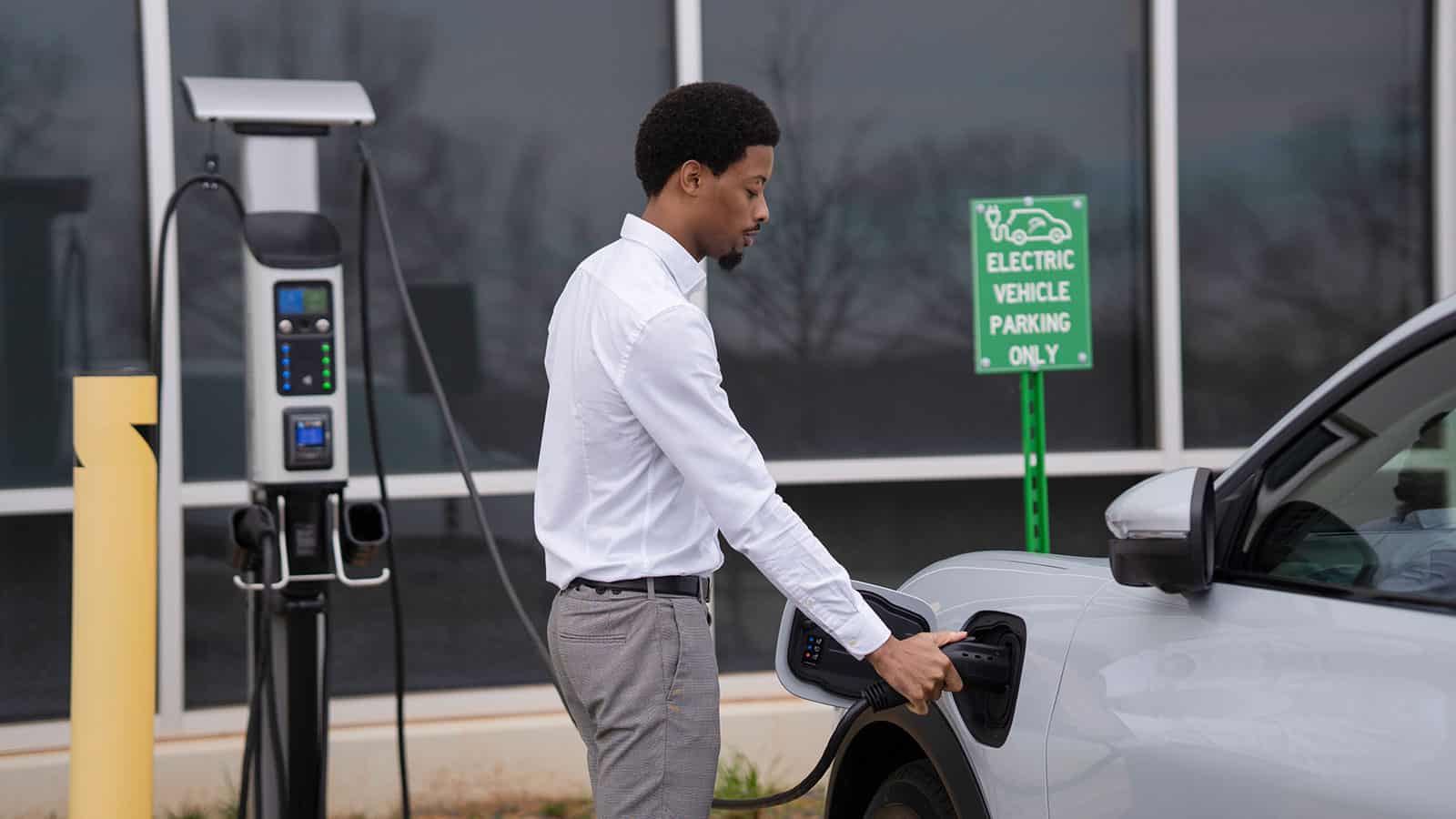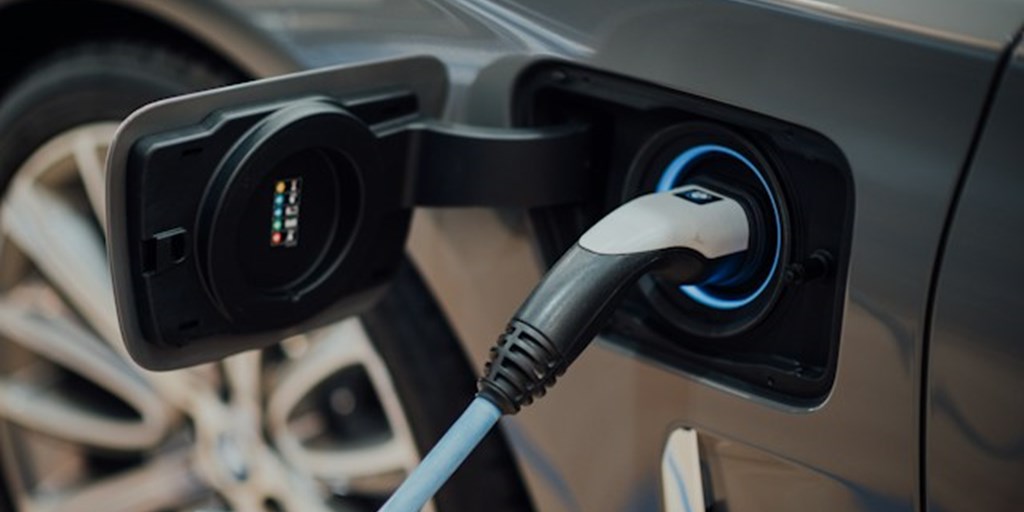Latest Trends and Insights You Need to Know Before You Buy EV Charging news
Why 2024 Is a Game-Changer for EV Charging: Patterns and Insights
As we approach 2024, the electrical car (EV) billing landscape is established for substantial change, driven by the spreading of ultra-fast billing terminals and improvements in smart billing modern technologies. The unification of sustainable power sources along with beneficial government plans is most likely to redefine the sustainability and ease of access of EV framework.

Development of Ultra-Fast Charging Stations
Exactly how quickly are ultra-fast billing terminals transforming the electric vehicle landscape? The proliferation of ultra-fast charging stations is a pivotal growth in the EV market, dramatically enhancing the convenience and usefulness of electrical car possession. These terminals, with the ability of providing charging accelerate to 350 kW, can recharge an EV's battery to about 80% in as little as 15-30 mins, successfully lowering array stress and anxiety among customers.
The development of ultra-fast billing framework is being driven by both public and private financial investments, showing a calculated change towards sustainable transportation services. Major vehicle suppliers and energy companies are working together to install these stations along city facilities and significant highways, producing a comprehensive network that sustains long-distance traveling and everyday use.
In addition, improvements in battery modern technology are enhancing this development, permitting cars to make the most of the enhanced billing rates. As the number of ultra-fast billing terminals remains to increase, they are expected to play a critical function in increasing EV adoption, cultivating a change in the direction of a cleaner and even more sustainable future. This expansion not just boosts user experience yet additionally solidifies the viability of electric vehicles as a mainstream transportation choice.
Advances in Smart Charging Modern Technology
With the increasing assimilation of electronic modern technology in the electrical lorry sector, advances in wise billing modern technology are considerably improving the performance and comfort of EV charging. Smart charging systems utilize connection and information analytics to optimize the billing procedure, enabling users to charge their automobiles when electrical power prices are most affordable and demand on the grid is very little.

Interoperability is one more crucial improvement, as brand-new requirements and procedures enable different EV versions and billing stations to interact flawlessly. This boosts individual experience by providing more easily accessible charging options throughout numerous networks. Ultimately, the evolution of smart charging modern technology stands for a substantial action towards a more sustainable and user-friendly EV environment, leading the means for more comprehensive adoption and integration into every day life.
Combination of Renewable Resource Resources
The assimilation of renewable resource sources into EV billing framework is ending up being significantly vital as the need for lasting options expands. This fad not just helps in reducing the carbon impact connected with electrical car billing but also improves grid durability by promoting decentralized power manufacturing.
Solar and wind power go to the leading edge of this assimilation, with many charging stations currently including solar panels or being constructed in distance to wind farms. These eco-friendly resources can create clean electricity, giving a lasting energy supply for EVs. Additionally, improvements in power storage space technologies, such as batteries, help with the effective storage of excess power generated during top production hours, making sure that charging terminals can operate efficiently also when eco-friendly generation is low.

Expansion of Billing Facilities
As electrical vehicle (EV) fostering accelerates, the expansion of billing framework has come to be a vital focus for stakeholders throughout the automobile and energy sectors - EV Charging news. The requirement for a durable and easily accessible charging network is vital to support the growing variety of EVs on the road and to alleviate array anxiousness amongst customers
In 2024, we are seeing substantial financial investments from both private business and public entities focused on enhancing the charging landscape. This includes the setup of fast-charging terminals along highways and in metropolitan facilities, which can charge EVs in a portion of the moment contrasted to typical chargers. Furthermore, partnerships in between automakers and power service providers are helping with the deployment of cutting-edge charging options to fulfill varied customer demands.
In addition, advancements in modern technology are bring about smarter billing systems that maximize power circulation and reduce expenses. The combination of these systems is critical for fitting the expected boost sought after as even more consumers change to electric wheelchair. The development see this page of charging infrastructure not only supports the EV market however also plays an important role in attaining wider sustainability objectives, making it a pivotal component in the development of transportation.
Government Policies and Rewards
Government plans and incentives are progressively shaping the landscape of electric automobile (EV) adoption and billing infrastructure development. Federal governments around the world are identifying the urgent need to shift to cleaner transportation alternatives, bring about the execution of numerous campaigns focused on accelerating EV fostering. These plans often consist of tax credit histories, refunds, and grants for consumers and organizations that spend in electric automobiles and billing stations.
In addition to guide monetary motivations, lots of federal governments are establishing enthusiastic targets for EV sales and mandating the installment of billing facilities in brand-new growths. As an example, numerous countries have devoted to terminating interior combustion engine vehicles within the next decade, developing a feeling of urgency that drives both consumers and makers toward electrical choices.
Furthermore, public-private collaborations are arising as a crucial component check my blog of these initiatives, helping with investment in billing networks and making sure widespread gain access to. By straightening regulative frameworks with monetary rewards, governments are not just promoting a helpful setting for EV adoption but also dealing with worries related to vary anxiousness and billing availability. This robust policy landscape is readied to make 2024 an essential year in the change to electric movement.
Verdict
The year 2024 is readied More about the author to transform the electrical vehicle charging landscape through the expansion of ultra-fast charging terminals, developments in clever charging innovations, and the integration of renewable resource resources. The expansion of billing facilities, strengthened by helpful federal government plans and incentives, will deal with range anxiety and boost the appeal of electric vehicle ownership. Collectively, these developments will foster a available and lasting environment for electric lorry fostering, making certain a robust future for the market.
As we come close to 2024, the electric vehicle (EV) billing landscape is established for significant transformation, driven by the proliferation of ultra-fast charging stations and innovations in clever charging innovations. The expansion of ultra-fast billing terminals is a crucial development in the EV field, substantially boosting the ease and expediency of electrical automobile ownership. Wise charging technologies promote remote tracking and management, allowing users to set up charging sessions using mobile applications.
Federal government policies and rewards are significantly forming the landscape of electrical vehicle (EV) adoption and billing framework growth.The year 2024 is established to change the electric lorry billing landscape via the expansion of ultra-fast billing terminals, advancements in smart billing technologies, and the integration of sustainable power sources.